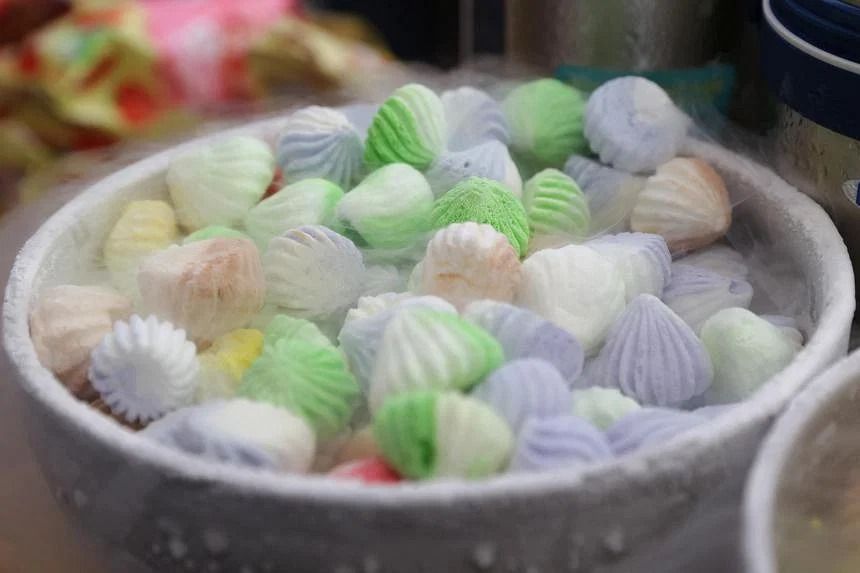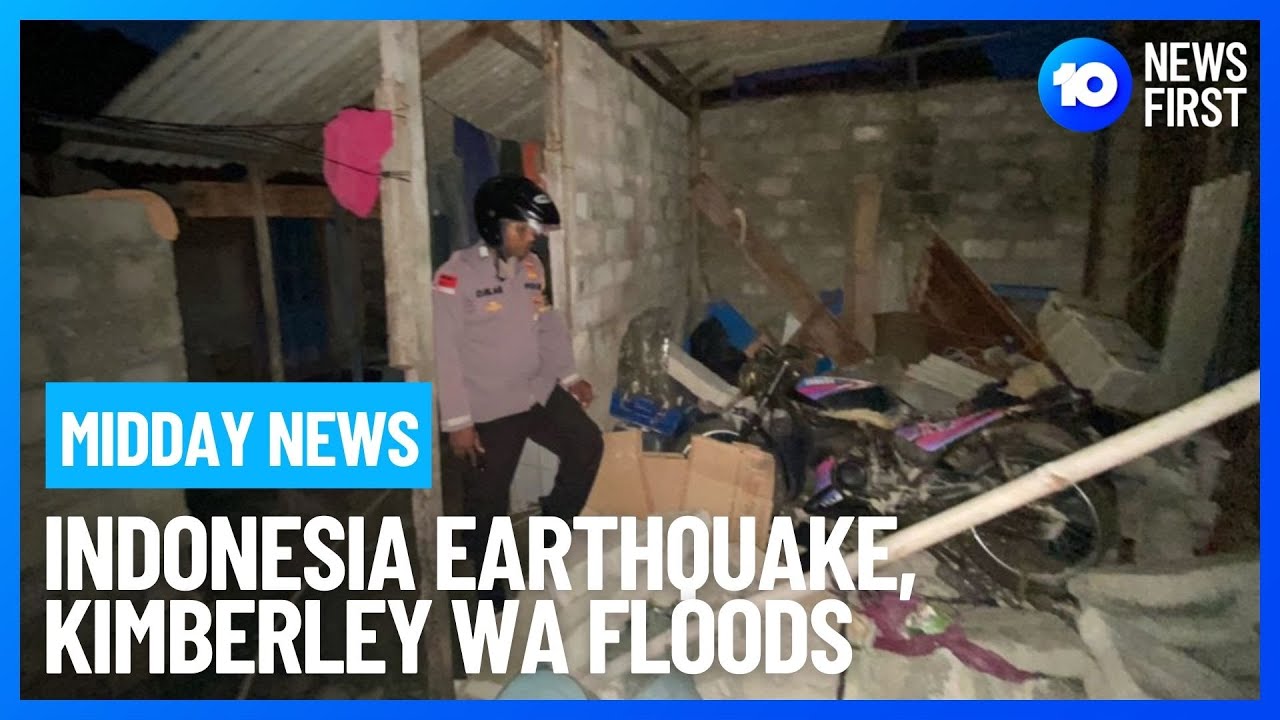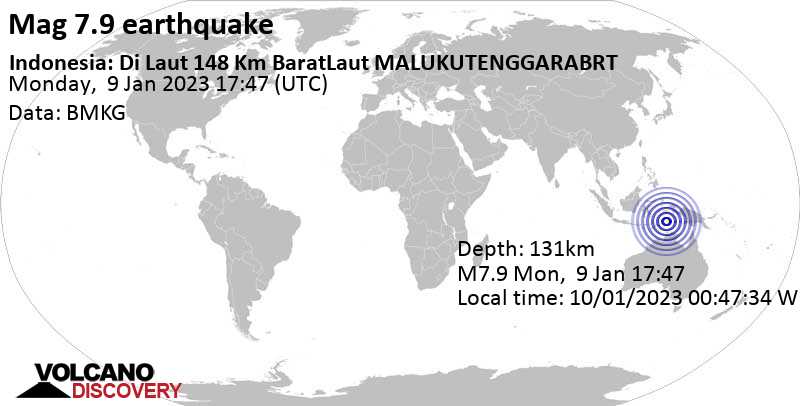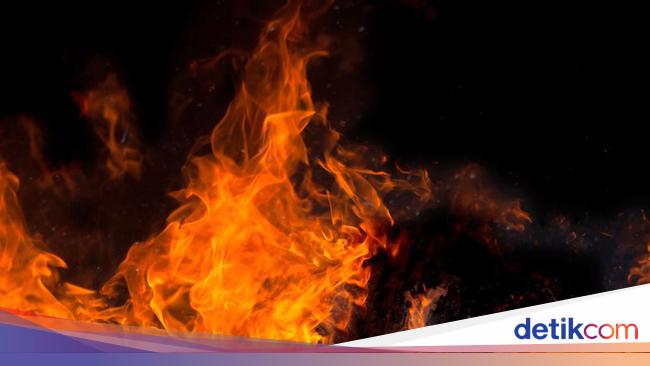JAKARTA, Jan 15 (Jakarta Post/ANN): The Indonesian government is urging parents to be more vigilant and has ordered local health agencies to increase their monitoring of food establishments, particularly after multiple children throughout the country had stomach burns from a street snack that was frozen by liquid nitrogen.
The snack in question, known locally as chiki ngebul, is named after a popular Indonesian brand of packaged snacks and has taken social media by storm in recent months. Children have recorded themselves eating the snack with smoke from the liquid nitrogen coming out of their mouths.
Speaking to the press last Thursday, the Health Ministry’s director for environmental health Anas Ma’ruf said there had been at least nine confirmed incidents due to the snack in 2022.
“From the data that we have collected, (the issues from the snack) only happened in 2022. We cross-checked (our data) from 2021, 2020 and 2019 and there were no reports of it,” Dr Anas said.
The country’s first known medical case concerning the snack was reported in East Java’s Ponorogo regency in July 2022. It involved freeze burns on a child’s skin after the child had consumed the snack.
In November, West Java’s Tasikmalaya regency reported incidents believed to be connected to the snack. The health authorities later ruled out 16 cases without relevant symptoms, but confirmed the remaining seven cases, where the patients showed symptoms of nausea, vomiting, dizziness and stomach pains.
An additional four cases were reported in Bekasi city, West Java, in December. While three were ruled out for not showing relevant symptoms, a four-year-old had severe stomach pain after consuming the snack.
The child’s father, Jamaludin, later told media outlet Kompas that his child required an operation after doctors found a 2cm tear in the stomach.
The health authorities are also investigating another likely case in East Java.
Dangerous in copious amounts
Liquid nitrogen is often used in food preparation as a preservation agent. Dr Anas said it could be dangerous when consumed in large amounts and pointed out that the snack has been widely sold by street vendors, hawkers as well as in night markets, and has thus escaped supervision by the National Agency of Drug and Food Control.
“Liquid nitrogen (could reach temperatures) of minus 190 deg C. So if it comes into contact with the skin it can cause frostbite or cold burns… It could also cause respiratory and digestive problems if inhaled and swallowed (in large amounts),” Dr Anas said.
The Health Ministry penned a circular earlier in January in a bid to prevent more cases of health issues linked to consuming chiki ngebul. The circular instructed regional administration and local health agencies to oversee food products using liquid nitrogen, but has not banned the products outright. Local health agencies are also instructed to educate children, parents and food vendors on the dangers of liquid nitrogen.
Restaurants that serve food containing liquid nitrogen must also be put under local health agencies’ supervision and are required to disclose to their customers that their food contains the chemical. Meanwhile, street vendors and hawkers are discouraged from selling the product.
The Health Ministry has yet to declare the recent case spike as an extraordinary health occurrence.
In an online statement, acting West Java health agency head Nina Susana said in response to the Health Ministry circular that her agency has taken its precautions a step further by re-evaluating the permits of establishments that serve food containing liquid nitrogen.
Epidemiologist Dicky Budiman of Griffith University, Australia, argued that educating the public and more monitoring might not be enough and instead urged the government to urgently impose a temporary ban on the sale of the snack.
“The first option when it comes to handling an outbreak like this is to stop (the circulation of the snack),” Dr Dicky said. “The central government and regional administration must act fast.” – Jakarta Post/ANN




































